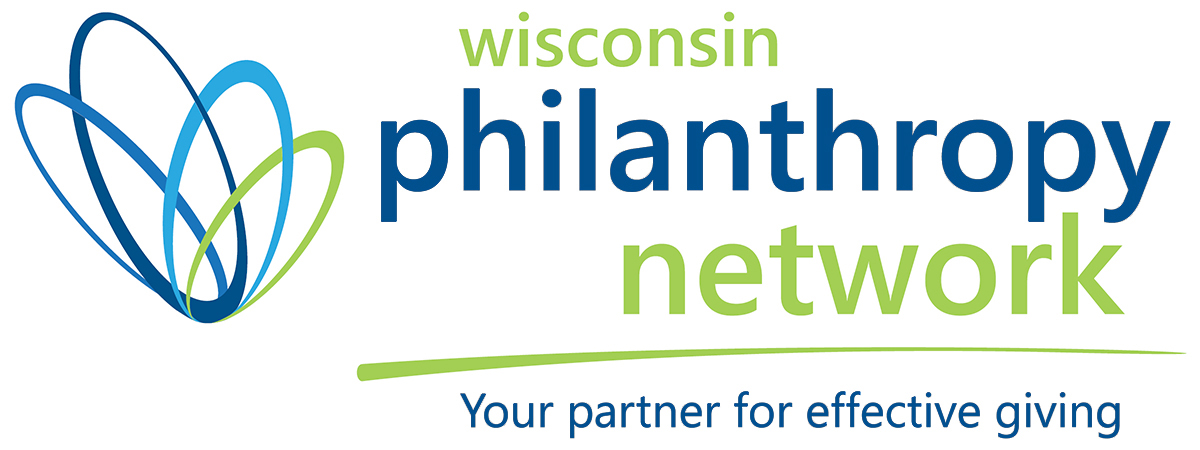Great Lakes shares results of Applicant and Grantee Perception Survey
Great Lakes Higher Education Guaranty Corporation announces the results of its very first survey of grant applicants and recipients conducted by the Center for Effective Philanthropy (CEP). In the fourth year of a renewed grantmaking strategy launched in 2011, the timing was right to learn how others view Great Lakes’ efforts to help more low-income students, students of color and first-generation students get to and through college.
“At Great Lakes we do many things to be effective in our work, but perhaps nothing is more important than self-reflection,” said Richard D. George, President and Chief Executive Officer. “We asked for a candid assessment to learn what we do well, where we can improve, and how we compare to others in the field. We found the feedback received to be invaluable.”
CEP invited nearly 300 nonprofit organizations that applied for or received funding during Great Lakes’ 2013-2014 grant year to participate anonymously in the fall 2014 survey. Respondents rated various components of Great Lakes’ philanthropic work, including its grantmaking process, communications and overall impact. CEP also compared the results to grantee perceptions of over 250 grantmakers across the country.
Great Lakes was ranked higher than average in making an impact on the grantee/applicant’s field, meaning improving college access and success for disadvantaged students. In addition, Great Lakes ranked in the top quartile for its evaluation process. Although grantees say they spend more time than average completing Great Lakes’ grant reports, they noted that collecting the data requested in the reports contributed to continuous improvement within their programs.
The CEP report also identified areas for improvement, including more clarification for declined applications, and more meaningful relationships between grantees and Program Managers. Great Lakes has already begun to provide more specific information to declined applicants, including one-on-one feedback from its Program Managers. Additionally, Program Managers will communicate more often with grantees throughout the grant period to learn about their programs, share success strategies from other programs, and facilitate interactions between grantees to collaborate on best practices.
“We appreciate the honest feedback of our grant applicants and recipients, who confirmed what we are doing well and showed us opportunities for growth,” George said. “We are committed to transforming what we’ve learned into meaningful changes that improve our work and benefit future applicants and grantees.”
